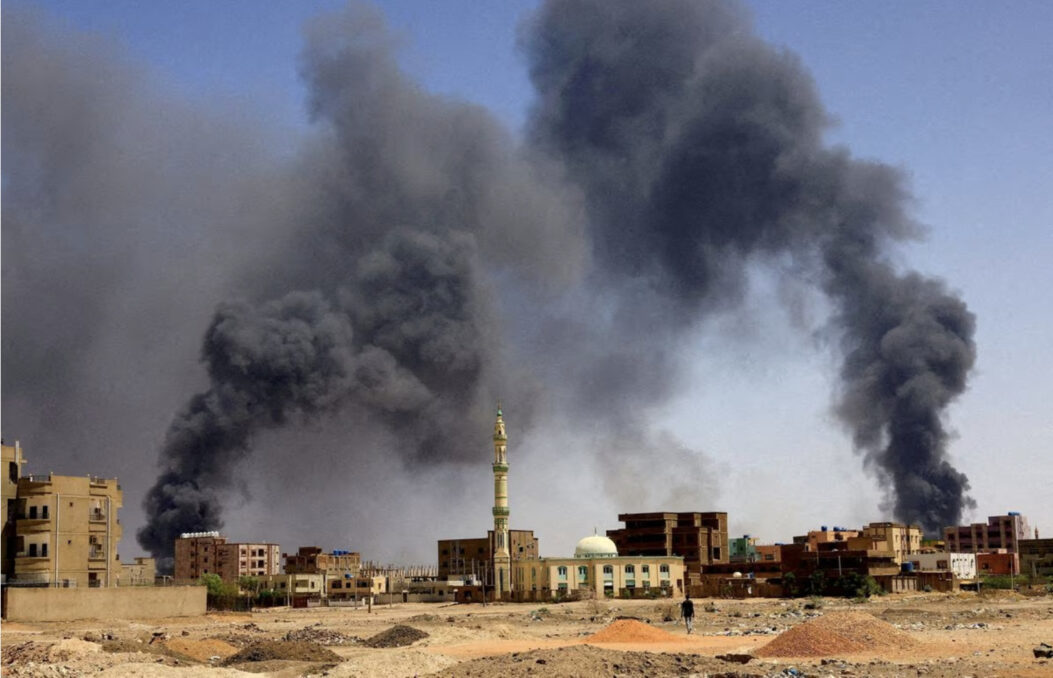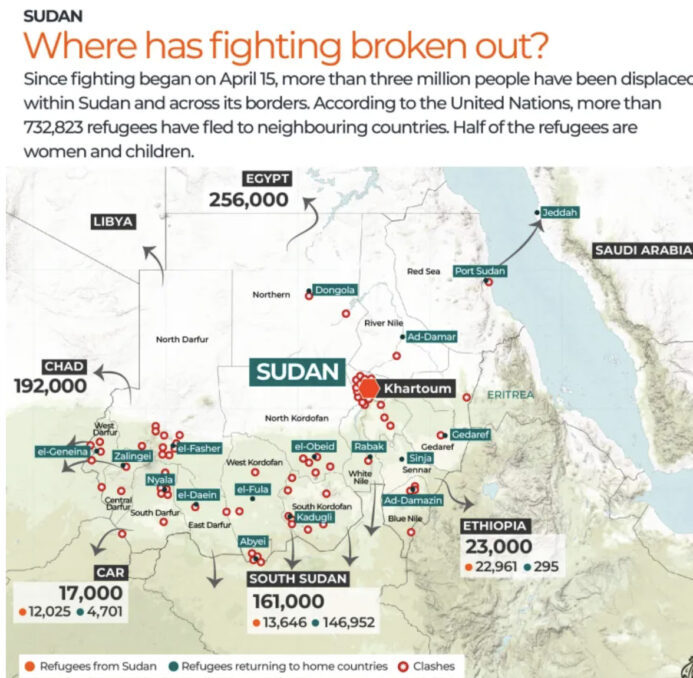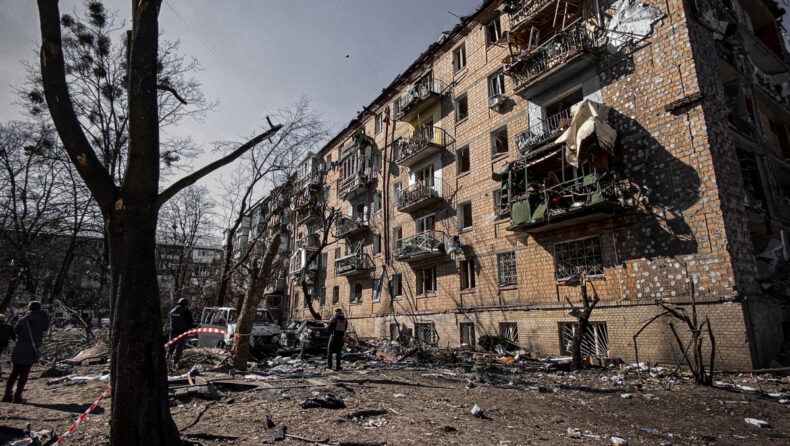In the heart of Sudan, the flames of war have raged for over 100 days, turning a once-thriving nation into a battlefield of destruction and despair. The conflict erupted on April 15, as a fierce power struggle unfolded between the country’s army and the formidable Rapid Support Forces (RSF), each vying for dominance. The thundering sounds of gunfire and explosions pierced through the air, plunging the capital city, Khartoum, into chaos and panic. Little did anyone know that this initial confrontation would unleash a brutal and relentless war, shattering lives and uprooting communities in its wake.

A Grimm 100 Days of Conflict
For over 100 days, Sudan has been engulfed in a devastating conflict between the army and the powerful paramilitary Rapid Support Forces (RSF). What started as a power struggle between two factions has now turned into an intractable war, leading to the displacement of millions and a humanitarian crisis of unprecedented proportions. Despite numerous attempts at mediation by regional and international powers, the fighting continues unabated, leaving civilians in fear and desperation.
April 15: The Spark of Violence
On April 15, Khartoum, the capital of Sudan, was shaken by heavy gunfire and explosions, marking the beginning of the deadly conflict. The army and the RSF, each accusing the other of initiating the attack, escalated their rivalry, and the violence quickly spread to the fragile Darfur region and the south.
Failed Ceasefires and Escalating Tensions
From the outset, attempts to establish ceasefires were continuously violated, exacerbating the humanitarian crisis. Even amidst mediation efforts led by regional actors in Jeddah, peace remained elusive. The leaders of the army and the RSF, once united, found themselves diverging over the path to a democratic transition, further fueling the conflict.
Humanitarian Catastrophe and Refugee Crisis
The toll on civilians has been catastrophic. Over three million people have been uprooted, and more than 700,000 have sought refuge in neighboring countries, creating a massive refugee crisis. Reports of ethnically targeted attacks by Arab militias and the RSF in West Darfur have led to a mass exodus, with hundreds of thousands fleeing to Chad.
Looting and Destruction
Amidst the chaos, reports of RSF soldiers looting and occupying parts of Khartoum have emerged. The once-thriving capital has crumbled, and essential infrastructure and government services have collapsed. Civilians, terrified and defenseless, find themselves caught in the crossfire with no one to protect them.
International Intervention and Sanctions
As the conflict persisted, the international community responded with sanctions targeting entities linked to the army and RSF. The United States and the United Kingdom imposed sanctions on businesses financing and supporting the warring factions. The International Criminal Court (ICC) also launched an investigation into the escalating violence in Darfur.
Failed Peace Initiatives
While both sides expressed willingness to engage in mediation, no lasting ceasefire emerged. Talks in Jeddah were repeatedly suspended after ceasefire violations, and a proposed regional summit to deploy peacekeeping forces was rejected by the Sudanese army. The situation remained grim, with violence resuming shortly after short-lived truces.

The Way Forward
As the conflict rages on, it becomes evident that a comprehensive and genuine commitment to peace is crucial. Both sides must prioritize the welfare of their people over their political ambitions. International actors must continue their efforts to mediate and bring the warring parties to the negotiating table.
As the dust settled over the war-torn streets, the true magnitude of the conflict became painfully evident. Sudan, already grappling with a history of instability and political turmoil, now faced an unprecedented crisis. Millions of its people were forced to flee their homes, seeking safety from the horrors of battle. Neighboring countries were strained under the weight of the massive influx of refugees, stretching their resources to the limit. The once bustling and vibrant city of Khartoum fell into a state of disarray, as infrastructure crumbled, and government institutions struggled to function amid the chaos.
Sudan’s 100 days of war have left a trail of devastation, with countless lives lost, families torn apart, and an entire nation in turmoil. The failure of mediation attempts has shown the complexity of the conflict, but it is essential not to give up on finding a path to peace. The world must not turn a blind eye to the suffering of the Sudanese people and must continue to support efforts toward lasting peace and stability in the region.













